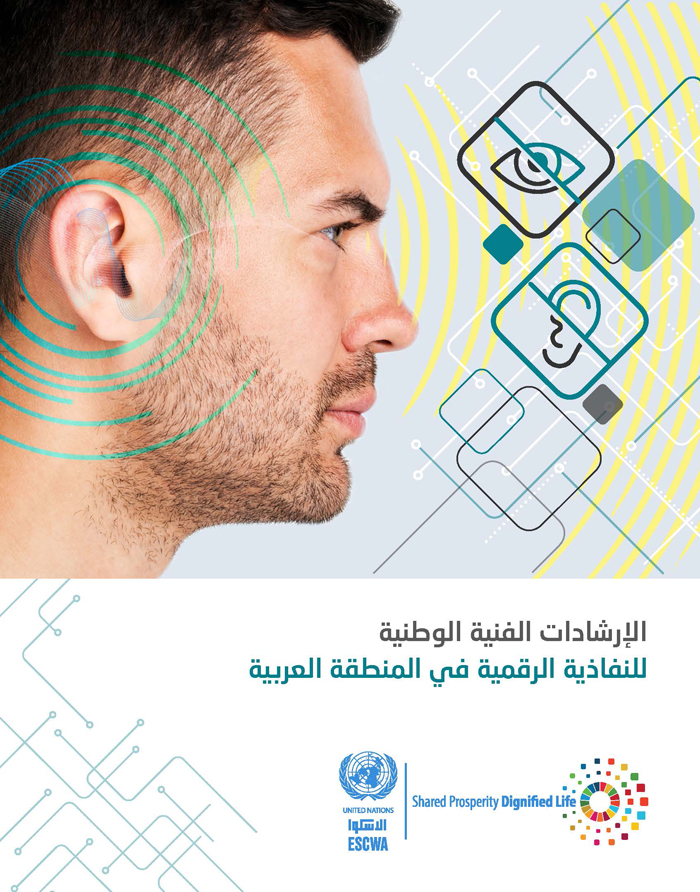لتكنولوجيا المعلومات والاتصالات والوصول الرقمي دور أساسيّ في مجتمع تقوده التكنولوجيا ويسعى إلى عدم إهمال أحد. ولا يمكن تحقيق التمكين والإدماج الرقميّين من خلال تكنولوجيا المعلومات والاتصالات في المنطقة العربية إلا عند تصميم التكنولوجيا وخدماتها بشكل يراعي الجميع، مهما كان عمرهم أو جنسهم أو قدرتهم أو مكانهم.
يهدف المؤتمر السنوي الثاني، الذي يُنظَّم بالتعاون مع الاتحاد الدولي للاتصالات، إلى زيادة الوعي، وتبادل الممارسات الجيدة، والتعرّف على التحديات، وزيادة القدرات، وتشجيع المشاركة الإقليمية بغية إيلاء الاهتمام الشديد لقضية النفاذ الرقمي، وأهميّته في بناء مجتمعات وبيئات رقميّة شاملة في المنطقة العربية. ويشكّل المؤتمر منصة لتطوير المعرفة وإجراء مناقشات مفتوحة إعلامية وتفاعلية مع جميع أصحاب المصلحة المهتمين حول أهمية تعميم مبادئ الوصول إلى تكنولوجيا المعلومات والاتصالات والنفاذ الرقمي.
يركّز المؤتمر على المبادرات التي تضمن دمج الأشخاص ذوي الإعاقة من خلال تنفيذ السياسات والإستراتيجيات وإعادة توجيه الموارد بما يراعي المبادئ التوجيهيّة لأهداف التنمية المستدامة، واتفاقية حقوق الأشخاص ذوي الإعاقة، واستراتيجية الأمم المتحدة لإدماج منظور الإعاقة، والمواثيق الدولية الأخرى ذات الصلة.

